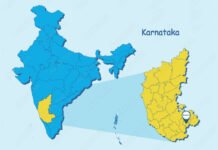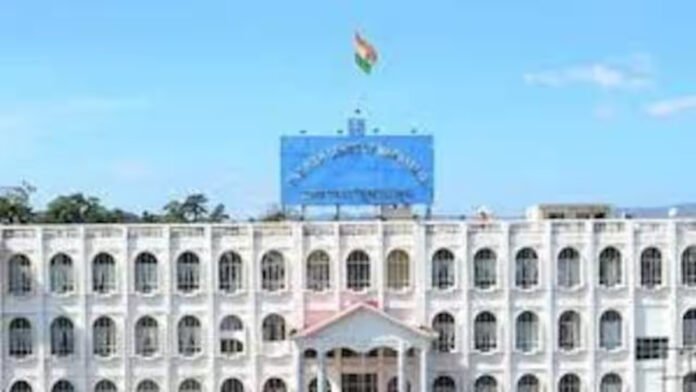The Meghalaya High Court has directed the state’s Advocate General to respond to a Public Interest Litigation (PIL) that challenges provisions of a legislation tied to the Khasi matrilineal system, which governs the issuance of Scheduled Tribe (ST) certificates based on the use of maternal surnames.
The petition has been filed by Syngkhong Rympei Thymmai, a group that advocates for social reforms within the Khasi community. The group has questioned the legality of certain provisions of the Khasi Hills Autonomous District (Khasi Social Custom of Lineage) Act, 1997, which they argue restrict individuals from receiving ST certificates if they adopt their father’s or husband’s surname, despite having valid tribal lineage.
The legislation was originally enacted to preserve the unique matrilineal structure of the Khasi tribe, where lineage and inheritance pass through the mother’s line. However, the petitioners argue that the Act has been misapplied to discriminate against Khasi individuals who choose to adopt paternal surnames, even when their ancestry satisfies the tribal criteria under the law.
The matter stems from a clarification issued by the state’s Social Welfare Department on July 21, 2020, addressed to the Deputy Commissioners of East and West Khasi Hills. In that communication, the department clarified that the Act did not prohibit individuals from adopting surnames from either parent. It also said that non-Khasi women marrying into the community could adopt their husband’s surname without legal repercussions.
However, that letter was later withdrawn on May 21, 2024, through another official communication, effectively reversing the clarification. Following this withdrawal, authorities allegedly began refusing ST certificates to Khasi individuals using paternal or spousal surnames, leading to widespread confusion and distress.
The petitioners have pointed out that the 2023 amendment to the Act redefined lineage criteria and made bloodline the central determinant for tribal status. They argue that if an individual meets the lineage requirement — being a descendant of a Khasi tribe — the use of a father’s or husband’s surname should not be a disqualifying factor.
During the hearing, a division bench comprising Chief Justice IP Mukerji and Justice W Diengdoh noted that the matter raised issues of significant consequence for the Khasi community and acknowledged the broader implications of the dispute. The bench stated that affidavits would be sought only if necessary at a later stage and directed that notice be issued to the Advocate General.
The case has been listed for the next hearing on August 7.

























